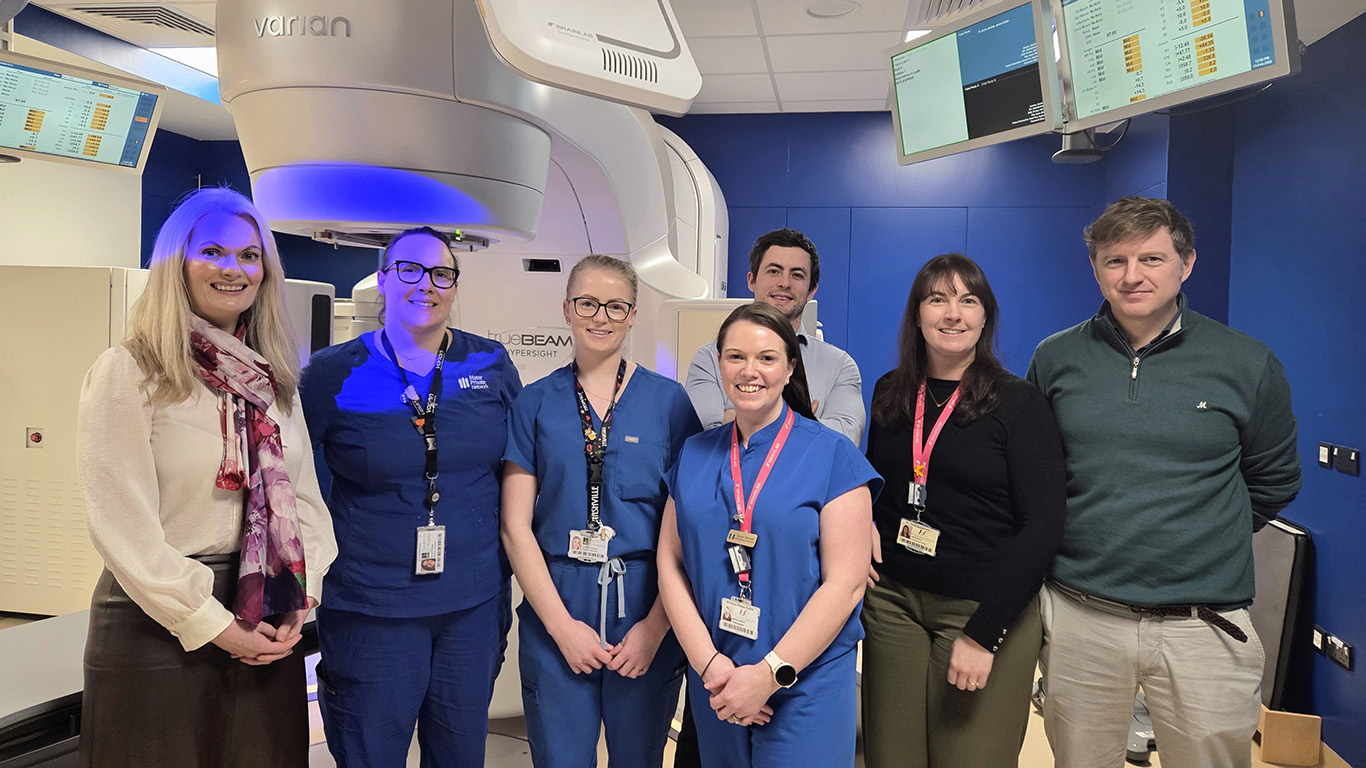Menopause and Cardiovascular Disease: Are They Linked?
As women enter menopause, the risk of developing cardiovascular disease increases, as lower oestrogen levels can negatively impact cardiovascular and metabolic function.

This increased risk of developing cardiovascular disease during menopause is because declining oestrogen levels can have a profound impact on how the cardiovascular system functions. Oestrogen is believed to have a positive effect on the inner layers of the artery walls, helping to keep blood vessels strong and flexible. This means they can relax and expand easily to accommodate blood flow. As oestrogen declines, blood vessels become less flexible, leading to blockages which in turn can cause a heart attack.
Cardiovascular disease, mainly heart attack and stroke, is the single biggest killer of women in Ireland.
Women who experience early menopause (before the age of 50) or undergo surgical menopause are especially at risk, particularly when combined with other risk factors, such as:
- Being overweight or obese
- High blood pressure
- High cholesterol levels
- Inactive lifestyle
- Diabetes
- Family history of heart problems
Women are often unaware of the cardiac risk factors that can occur as the menstrual cycle ends. Research carried out by the Irish Heart Foundation shows that less than one in five Irish women are aware of the signs and symptoms, even though one in three women will suffer from some form of cardiovascular disease.
Symptoms of heart attack in women are less prominent, which can make them hard to diagnose and the reason why heart attacks and heart disease are sometimes missed in women. Symptoms for women may include shortness of breath, tiredness, nausea, back pain or tightness in the jaw; however, these are quite vague compared to the more familiar symptoms of chest pain.
On the positive side, several risk factors are modifiable, and some changes in lifestyle can help reduce the risk.
- Eating a balanced diet consisting of fruits and vegetables, whole grains, low-fat dairy products, poultry, fish and nuts, and limiting red meat and sugary foods and beverages. For more information visit the following link.
- Regular exercise is key, aiming for 150 minutes of physical activity each week.
- Aerobic exercise such as walking, cycling, dancing and swimming are great ways to use large muscles at low resistance.
- Quitting smoking.
- Maintaining a healthy weight.
- Reducing stress and anxiety.
- Have regular health screenings in order to identify potential
risk factors such as high blood pressure, high cholesterol or diabetes.
Urgent Cardiac Care
Mater Private Network offers Ireland’s only private 24/7 service for patients experiencing urgent cardiac symptoms. If you have any symptoms or are worried about your heart, you can call the Urgent Cardiac Care Team at Mater Private Network.
Learn more.jpg?sfvrsn=fd41945d_2)










.jpg?sfvrsn=ee0f5b66_1)

